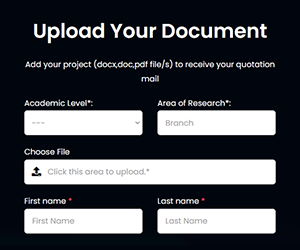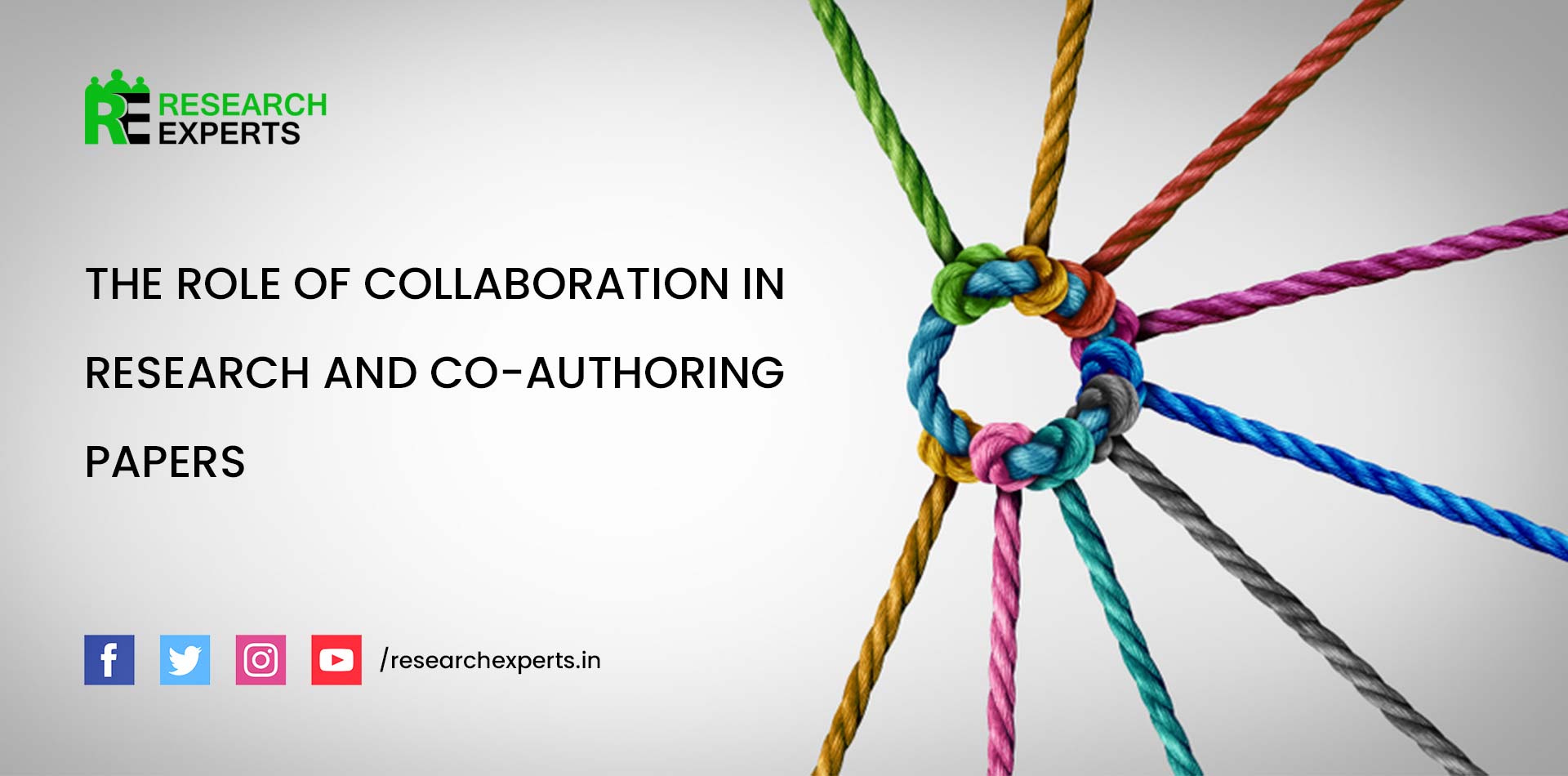
Peer review and its importance in research paper validity
Peer review and its importance in research paper validity – The peer-review process is an essential aspect of the scientific method and is used to ensure the validity and reliability of research papers. In this process, a paper is evaluated by a group of experts in the same field as the author(s) before it is published in a journal. The main goal of peer review is to assess the quality, accuracy, and originality of a paper and to identify any potential errors or biases. Learn about Peer review and its importance in research paper validity.
The process typically begins when an author submits a paper to a journal. The editor of the journal will then assess the paper to determine if it is appropriate for the journal and falls within the scope of the journal’s focus. If the paper is deemed appropriate, it will be sent to at least two independent reviewers who are experts in the field and have no conflicts of interest with the author(s). The reviewers will then read the paper and provide feedback on the methodology, data analysis, and conclusions. They will also check for any errors or inaccuracies and make suggestions for revisions. The author(s) will then make the revisions based on the reviewers’ feedback and resubmit the paper for review. This process is repeated until the reviewers and editor are satisfied that the paper is of high enough quality to be published.
Benefits of the Peer review process
- One of the main benefits of the peer-review process is that it helps to ensure the reliability and validity of research papers. By having the paper evaluated by experts in the field, potential errors or biases can be identified and corrected. Additionally, the process helps to ensure that papers are of high quality and contribute to the advancement of knowledge in the field.
- Another benefit of the peer-review process is that it helps to ensure that papers are published in the most appropriate journals. By having the paper evaluated by the editor and reviewers, it can be determined if the paper is appropriate for the journal and if it is of sufficient quality to be published.
Limitations of the Peer review process
- One limitation is that the process can be time-consuming, and it can take several months or even years for a paper to be reviewed and published. Additionally, the process can be subjective, as the reviewers may have their own biases or perspectives that can influence their evaluation of the paper. Furthermore, the process can be susceptible to conflicts of interest, where reviewers may have financial or personal ties to the author(s) that can influence their evaluation of the paper.
- Despite these limitations, the peer-review process remains an essential aspect of the scientific method and is crucial for ensuring the validity and reliability of research papers. It is important for authors, editors, and reviewers to be aware of the potential limitations of the process and to work together to ensure that papers are of high quality and contribute to the advancement of knowledge in the field.
Conclusion
In conclusion, the peer-review process is a vital step in the dissemination of scientific knowledge and a cornerstone of the scientific method. It serves as a gatekeeper for the quality and accuracy of research papers and helps to ensure that papers are of high quality and contribute to the advancement of knowledge in the field. It is important to recognize that the process is not perfect, but it still plays a crucial role in maintaining the integrity of scientific literature.







